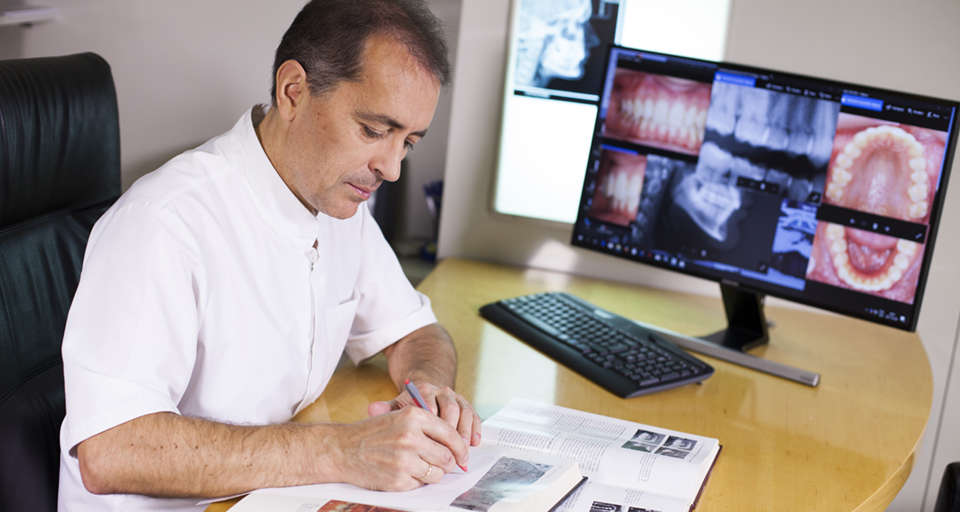Nasolabial aesthetics correlates poorly with skeletal symmetry in unilateral cleft lip and palate.
Written by admin on January 30, 2013
J Plast Reconstr Aesthet Surg. 2013 Jan;66(1):e1-7. doi: 10.1016/j.bjps.2012.08.032. Epub 2012 Sep 15.
Urbanova W(1), Brudnicki A, Strydom H, Bronkhorst EM, Katsaros C, Fudalej PS.
Author information:
(1)Department of Orthodontics and Cleft Anomalies, 3rd Medical Faculty, Charles
University, Prague, Czech Republic.
OBJECTIVE: To evaluate the correlation between symmetry of the craniofacial
skeleton and aesthetics of the nose and upper lip in children with complete
unilateral cleft lip and palate (CUCLP).
MATERIAL AND METHODS: Craniofacial symmetry was evaluated on postero-anterior
(PA) cephalograms of 54 children (37 boys and 17 girls; mean age = 11.0 years,
SD 1.6) with CUCLP repaired with a one-stage closure (Cleft group). Treated
subjects were age- and gender-matched with 54 untreated subjects taken from the
University of Michigan Growth Study (Control group). Fourteen coefficients of
asymmetry (CAs) were calculated and four angles were measured. Four raters
assessed the nasolabial appearance on cropped facial and profile photographs
with the 5-grade aesthetic index of Asher-McDade (grade 1 means the most
aesthetic and grade 5 the least aesthetical outcome) in the Cleft group only.
Independent t-tests were used to evaluate the inter-group differences for CAs.
Pearson’s correlation coefficients were calculated to examine a relationship
between particular components of the aesthetical index and CAs. Multiple
regression analyses were carried out to explain the nasolabial aesthetics on the
basis of craniofacial symmetry.
RESULTS: In the Cleft group, most cephalometric variables demonstrated asymmetry
not exceeding 10%. The Cleft and Control groups differed regarding three angular
measurements (Se, Ism, and ANS) and 1 CA (Mo-V). Three of the four nasolabial
components demonstrated correlation with some cephalometric variables. However,
the correlation coefficients were low (range: -0.309 to 0.305).
CONCLUSIONS: There is a weak correlation between craniofacial skeletal symmetry
and aesthetics of the nose and upper lip in children with CUCLP.
Copyright © 2012 British Association of Plastic, Reconstructive and Aesthetic
Surgeons. Published by Elsevier Ltd. All rights reserved.
DOI: 10.1016/j.bjps.2012.08.032
PMID: 22985870 [Indexed for MEDLINE]




